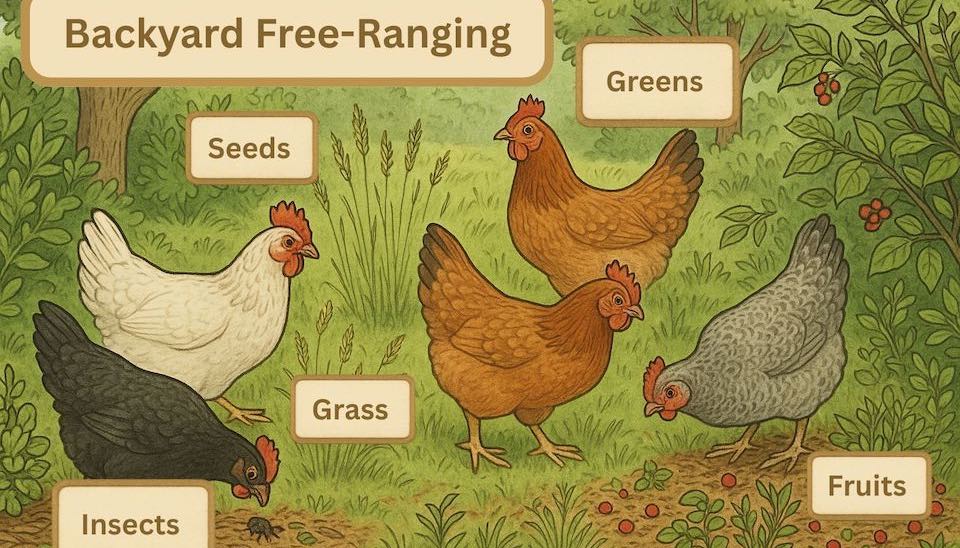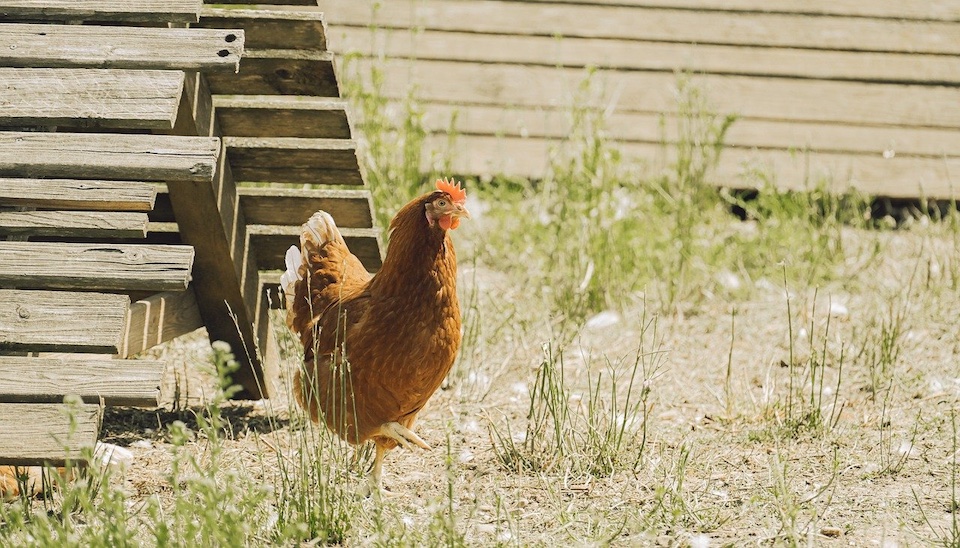Knowing When to Take Your Chicken to the Vet
Should You Take Your Chicken to the Vet?
Many backyard chicken keepers hesitate to take a bird to the vet — after all, a single chicken is often worth far less than the cost of treatment. While this makes sense from a financial standpoint, there are times when professional care is worthwhile or even essential.
A vet visit might be the best choice if it means saving a valuable breeder or a beloved pet. Veterinary advice can also be essential for diagnosing illness or stopping a contagious disease from spreading through your flock.
So how do you know when to take a chicken to the vet?
Ultimately, every chicken keeper will have slightly different ideas about when a chicken needs a vet. Here are some things to consider:
- What is wrong with the chicken?
- Can the chicken be treated at home?
- Is the chicken suffering?
- How much do you value the chicken? This could be a financial consideration, or an emotional one.
- How confident are you in providing medical care to the chicken yourself?
It is also important to remember that if you decide against veterinary care, you still have responsibilities:
✔️ To Your Bird – You must ensure they aren’t left to suffer unnecessarily. If treatment at home isn’t working or recovery isn’t likely, humane euthanasia is the responsible choice.
✔️ To Your Community – Some poultry diseases, like avian influenza, can spread beyond your flock. A mismanaged illness could affect neighboring flocks, local wildlife, or even the broader poultry industry. If you suspect a serious disease, it is essential to get a professional diagnosis and you may also be legally required to report it to agricultural authorities.
When a Vet Visit is Worth It
Not every health issue requires a vet, but there are certain situations where professional care makes a significant difference. These include:
- Severe wounds or predator attacks: Deep cuts, exposed muscle, or large puncture wounds need expert treatment to prevent infection and promote healing. However, with veterinary care, chickens often recover from predator attacks.
- Prolapsed vent: A prolapsed vent needs immediate care to prevent further damage and infection.
- Unexplained symptoms or unidentified illness: Bloody diarrhoea, severe respiratory distress and neurological symptoms can indicate severe health issues. Seek veterinary advice if you are unsure of the cause, particularly if multiple birds are affected or you are worried about the problem spreading within your flock.
If you suspect a severe, notifiable disease, veterinary diagnosis and advice may be available free-of-charge from the local agricultural authorities.
When You Can Intervene at Home
If a vet visit isn’t an option due to cost or availability, it’s your responsibility to manage the situation as best as possible. Some issues can be handled at home with proper care:
- Minor injuries: Small cuts and pecking wounds can often be treated with antiseptics and wound sprays. Limping, where there is no obvious injury, can be treated by isolating the bird and limiting movement. Bumblefoot can also cause limps and can be treated at home.
- Mild respiratory symptoms: If only one bird is affected and symptoms are mild, supportive care may be enough. If multiple birds fall ill, you may need veterinary care.
- Egg binding: If a hen is struggling to lay, warm baths, calcium supplements and other home treatments can help. However, if the treatments don't work, don't wait more than 24 hours to seek veterinary advice.
- Suspected vitamin deficiencies: If chickens show signs of a vitamin or mineral deficiency, this can usually be treated at home.
- Parasites: A dirty bottom often indicates worms, which can be treated at home.
If your chicken isn’t improving or symptoms are worsening, it may be time to reconsider veterinary care.
Be wary of remedies and treatments offered on the internet. Some are merely old wives tales, others are actually dangerous to chickens and can prolong suffering or make illnesses worse. Only use treatments from reputable sources of information and consult a vet if you are unsure.
How to Prevent Common Health Issues
While some emergencies are unavoidable, many chicken health problems can be prevented with proper management:
- Provide a balanced diet: Deficiencies can lead to weak immune systems and skeletal issues. Use high-quality feed and supplements if needed.
- Maintain a clean coop: A dirty, damp environment encourages respiratory diseases, parasites, and infections. Regular cleaning and proper ventilation are key.
- Quarantine new birds: Many illnesses spread when new chickens are introduced to an existing flock. Quarantining new birds can help prevent outbreaks.
- Monitor your flock daily: Catching issues early makes treatment easier. Look for changes in behavior, appetite, or droppings.
Final Thoughts
Not every sick chicken needs a vet, but some cases do. If you value a bird for sentimental or breeding reasons, a vet visit can be worthwhile. If you choose to handle illnesses yourself, it’s your responsibility to provide appropriate care and prevent unnecessary suffering.
Rachael at Dine-A-Chook Australia



